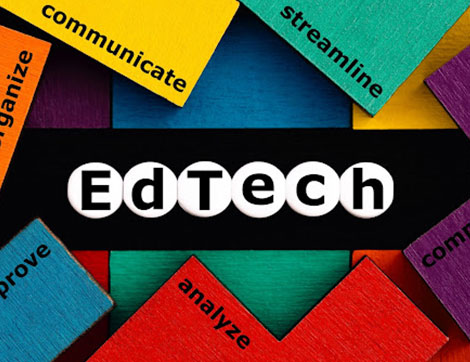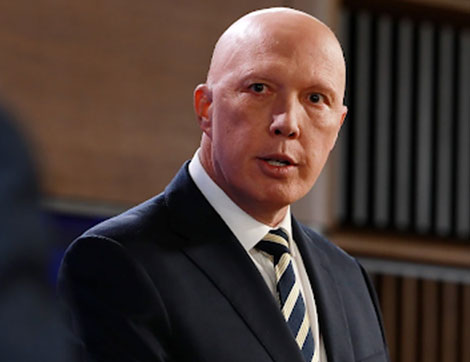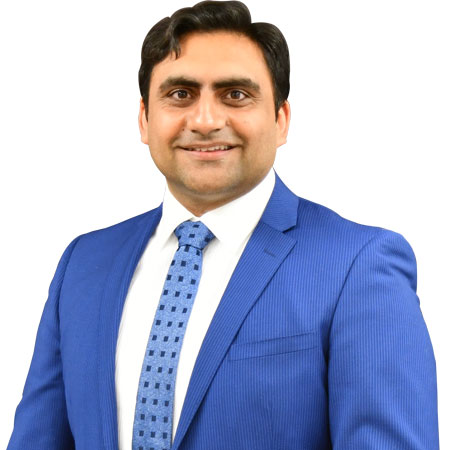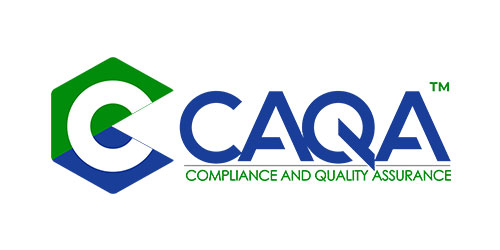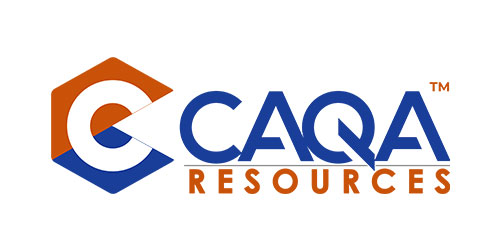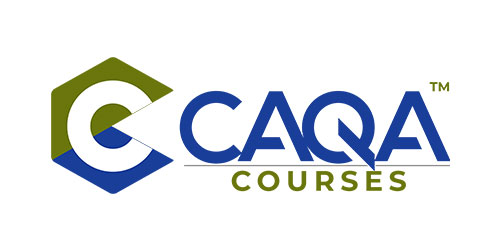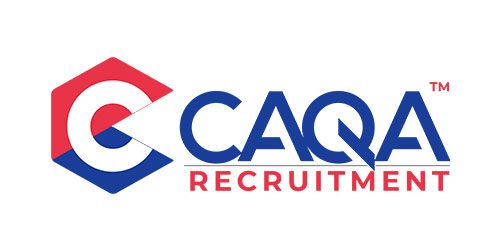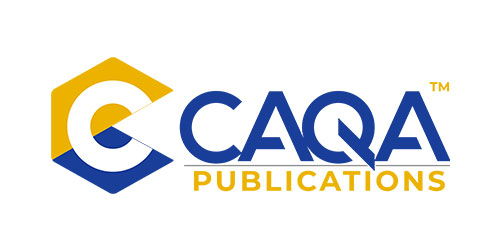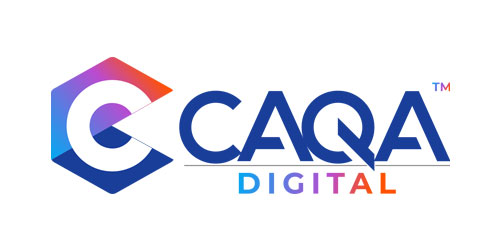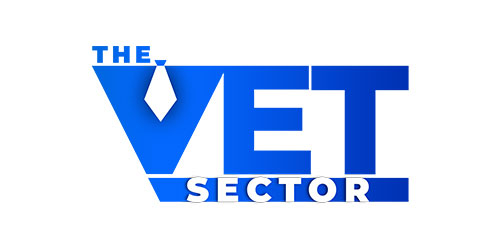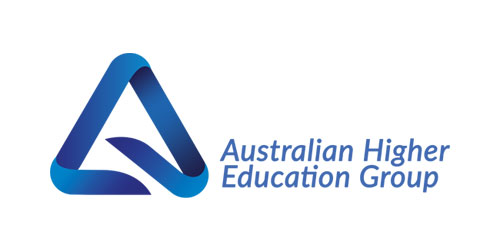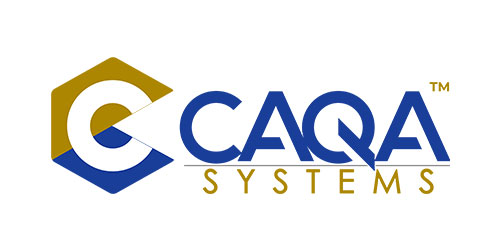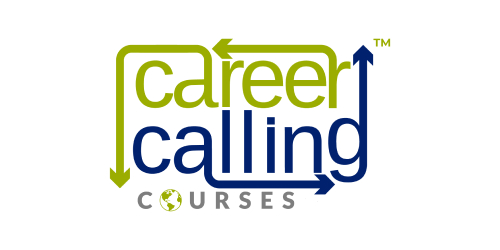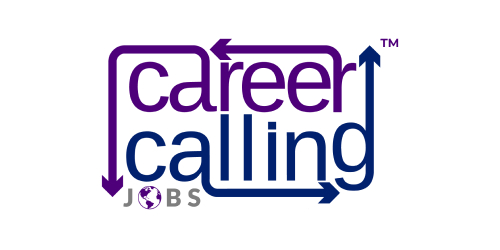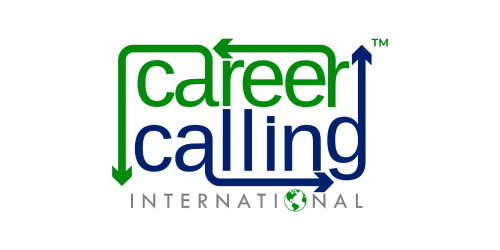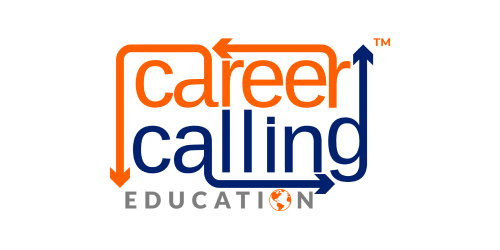
News
John Molenaar is an education professional who started his career in teaching with positions as a primary and secondary teacher. In the late 1980s/early 1990s, he held roles in education organisation management as Executive Director of the Gould League of Victoria and the John Gardiner Centre.
In the mid 1990’s John started his career in VET, initially as National Project Manager with the TCF Industry Training Board managing the development of the suite of TCF Training Packages and Exec Director of the Process Manufacturing Training Board, working with the plastics and chemical industries. During this time, he was also involved in community education as a Council Member and Chair of the ACFE – Eastern Region. He also was a lecturer in VET practice at one of Victoria’s Universities.
In 2007 John commenced quality and compliance auditing, as a contractor with the VRQA and also had a contract with ASQA during the initial four years of ASQA’s establishment. He has also audited Chemical and Petroleum training and assessment, overseas in Qatar for three years.
He is currently the Executive Director of Manufacturing Learning Victoria and continues to audit with the VRQA and works with individual RTOs to establish ‘good practice’ training and assessment approaches and to assist them to continue to meet compliance requirements. He has conducted professional develop for trainers/assessors, delivery the WELL program, and was involved in the development, review and implementation of the Australian Core Skills Framework (ACSF) and conducted a number of research projects funded through the NCVER, related to language, literacy and numeracy skill development.
Here is a copy of John Molenaar’s interview conducted by Sukh Sandhu.
Sukh Sandhu: You are one of the most experienced auditors and consultants in Australia, and it is a privilege for me to have the opportunity to speak with you today. So the questions prepared by The VET Sector experts for you are:
Q1: Why did you decide to work in the vocational education and training sector, and how has your overall experience been?
Work in VET came later in my career, after working in primary and secondary teaching, University lecturing and community education. I initially developed competencies and learning resources for the laundry and dry-cleaning industries nationally.
With the introduction of training packages, this progressed to the development of training packages for the broader textile, clothing, and footwear industries. I found the work with relevant enterprises across Australia and facilitation of industry focus groups challenging and rewarding through the development of accredited training for many industries who were not able to access industry qualifications previously by providing them with career pathways and work conditions commensurate with industry awards. This work led to managing industry training boards and providing advice to Government of the training priorities and needs of numerous VET industry sectors.
I found the work in VET very rewarding as compared to other education and training sectors. VET was the least developed in terms of arrangements, resources and recognition within education portfolios. It was great to be able to make a difference in supporting the development of coordinated approaches to skills development for many of our industry sectors where workers had not previously been able to access industry qualifications or have the many years of industry skill and experience recognised.
Recognising the importance of quality and compliance to developing and maintaining a rigorous VET system, commensurate with other education and training sectors, I commenced quality auditing with the VRQA. Initially this was as a Training Recognition Consultant, prior to taking on a tender with the VRQA in 2007 which largely involved the audit of CRICOS providers. I was successful in obtaining a tender with ASQA as a founding contract auditor with ASQA in 2011 when it came into being and continued to audit with ASQA for five years. I have been fortunate in obtaining tenders with the VRQA to continue to audit Victorian RTOs, as well as continuing to provide consultancy support to ASQA registered RTOs.
Q2: I have worked with you on a number of projects and have also witnessed a number of organisations go out of business within a few months or years, after having been registered. What do you believe are the primary causes for an organisation to become non-compliant or fail within VET?
Through my audit work I have witnessed many individuals identifying opportunities to start a business in training, particularly in international education. Though many have established RTOs with good intensions, many have also not understood the requirements associated with VET education and the rigorous outcomes required for learners to be truly competent in their areas of industry qualifications. I believe that many organisations who failed, did not intentionally operate in non-compliant ways, but did so in being naive of the compliance requirements. However naivety is not a defence for not effectively meeting the compliance requirements of the quality standards.
Though regulators may have been harsh in closing non-performing RTOs, it is the role of the regulator to address concerns where students are not able access sufficient rigorous outcomes for them to work safely and effectively within an industry.
Q3:What are the current issues affecting the training and education industry, and how can Registered Training Organisations (RTOs) overcome them?
Training organisations continue to be challenged by the ongoing changes in legislation, employer requirements, training products and client expectations. An RTO is required to invest adequate resources to remain current and effective and to maintain skilled working professionals who remain committed to quality outcomes.
The competitive nature of attracting learners in a diverse RTO market impacts the bottom line and fee structures of organisations. This financial pressure reduces their ability to remain viable and deliver quality services.
Training Providers can overcome these challenges by initially investing in the development of effective quality management systems and skilled professionals. A sound and effective quality management system provides a platform on which our VET professionals can work creatively and delivery quality training outcomes, allowing them to meet the organisations quality requirements through transparent processes, quality resources and effective record management.
Now many may say this sounds like good rhetoric but how can this be achieved? It is the responsibility of the RTO’s Management to do the research and invest the required resources to develop a sound understand of what an effective quality management system is and how to achieve this for their organisation.
A sustainable training organisation achieves its business through reputation – the reputation for delivering quality training to support industry skill needs, who supports its learners in flexible and focused ways.
Q4: What are your thoughts on regulations that are constantly being modified and updated?
Do you believe that the changes that have occurred in Vocational Education and Training, over the past century from a system based primarily on knowledge based rote learning to one based on competency outcomes and continuous improvement, with a key focus on compliance and governance and financial standards, have been positive and progressive?
Training packages and related qualifications have served industry well over the past few decades, providing for consistent and relevant skill development, and has been recognised internationally as a sound system across a range of industries. For example, textile and clothing industry skill development in South Africa and hydrocarbon and oil refining in the Middle East have adopted the Australian model.
Competency based training, in contrast to knowledge-based training, has contributed significantly to the skill acquisition of our workforces. The combination of both methods of learning (knowledge and skill development) is imperative to the worker understanding the ‘what how and why’ which aids their ability to perform work safely and to required quality standards.
The challenge has been to ensure that that training remains current and supports the changing needs of industry to provide the skills to address industry evolving skill needs. Training packages, over time, have been not responsive to the rapidly changing skill requirements of many industries. The timeliness in developing new qualifications, skill sets and microskills have been impacted by bureaucratic processes and lack of flexibility to address skill shortages in a timely way.
The pace of changes to technology, the requirements for just in time production, sustainable resource management and environment practices, global acquisition and related economics, invariable impacts on changes to regulations, standards and requirements, including changes to training packages. To support industries to address skills needs it is important that training providers have systems in place to accommodate the changes related to maintaining currency to address evolving skills skill needs.
Yes, maintaining currency and keeping up with regular changes is challenging but imperative to maintaining a dynamic system of training in response to industry needs.
The development and maintenance of a sound Quality Management System becomes even more essential for effectively managing this increasing change.
Q5: What types of services do you provide as part of your quality and compliance services?
Quality and compliance services include:
Auditing of Registered Training organisations and Group Training Organisations for the VRQA,
- High Risk Work licence assessment of Registered Training Organisations delivering licencing units,
- Quality reviews of learning and assessment resources for the Victorian Skills Commission and training organisations,
- Professional development in the areas of quality and compliance for VET professionals.
Q6:What advice would you provide to those who are now employed in the sector, those who aspire to pursue a career in the field, and those who wish to establish their own RTO?
Put simply, I would advise all VET practitioners to consider what it takes to work as a professional in the VET sector including:
- maintaining currency of industry and VET qualifications,
- ongoing professional development to further develop educational practice and industry skills,
- seek out critical professional friends who can assist you to reflect on you practice and
- carefully scrutinise who you work for and ensure that your employer implements ethical practices and has sound Quality Management Systems.
 1800 961 980
1800 961 980 info@careercalling.com.au
info@careercalling.com.au



